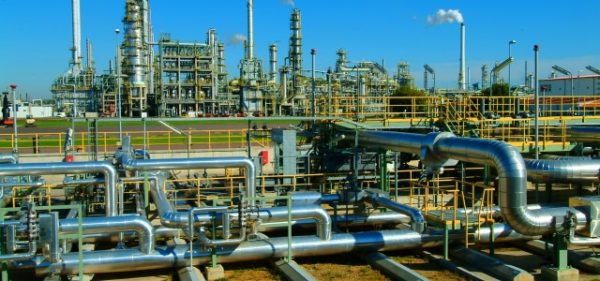Africa’s largest economy, Nigeria, has been hit hard by falling oil prices on the world market. The country officially entered recession for the second time since 2016 after its gross domestic product (GDP) contracted for the second quarter in a row, according to new data released by the National Statistics Office on Saturday (November 21).
This is the worst downturn in its economy in almost four decades. The report calls into question the prolonged period of low prices that the global oil market is going through, exacerbated by the dire economic situation resulting from the coronavirus pandemic. For Africa’s largest oil producer, oil sales account for 90% of foreign exchange earnings, even though they only represent 10% of GDP.
Nigeria recorded two consecutive quarterly declines in GDP in 2020 and posted -6.1% in the second quarter and -3.62% in the third quarter. Before the pandemic, the country’s production averaged two million barrels per day, with the effects of the pandemic and low oil prices, production plummeted to around 1.4 million barrels.
According to forecasts by the World Bank, the Nigerian economy is expected to contract by 3.2% in 2020. More alarmist, the International Monetary Fund has forecast a decline of 5.4% in Nigeria’s GDP this year.



